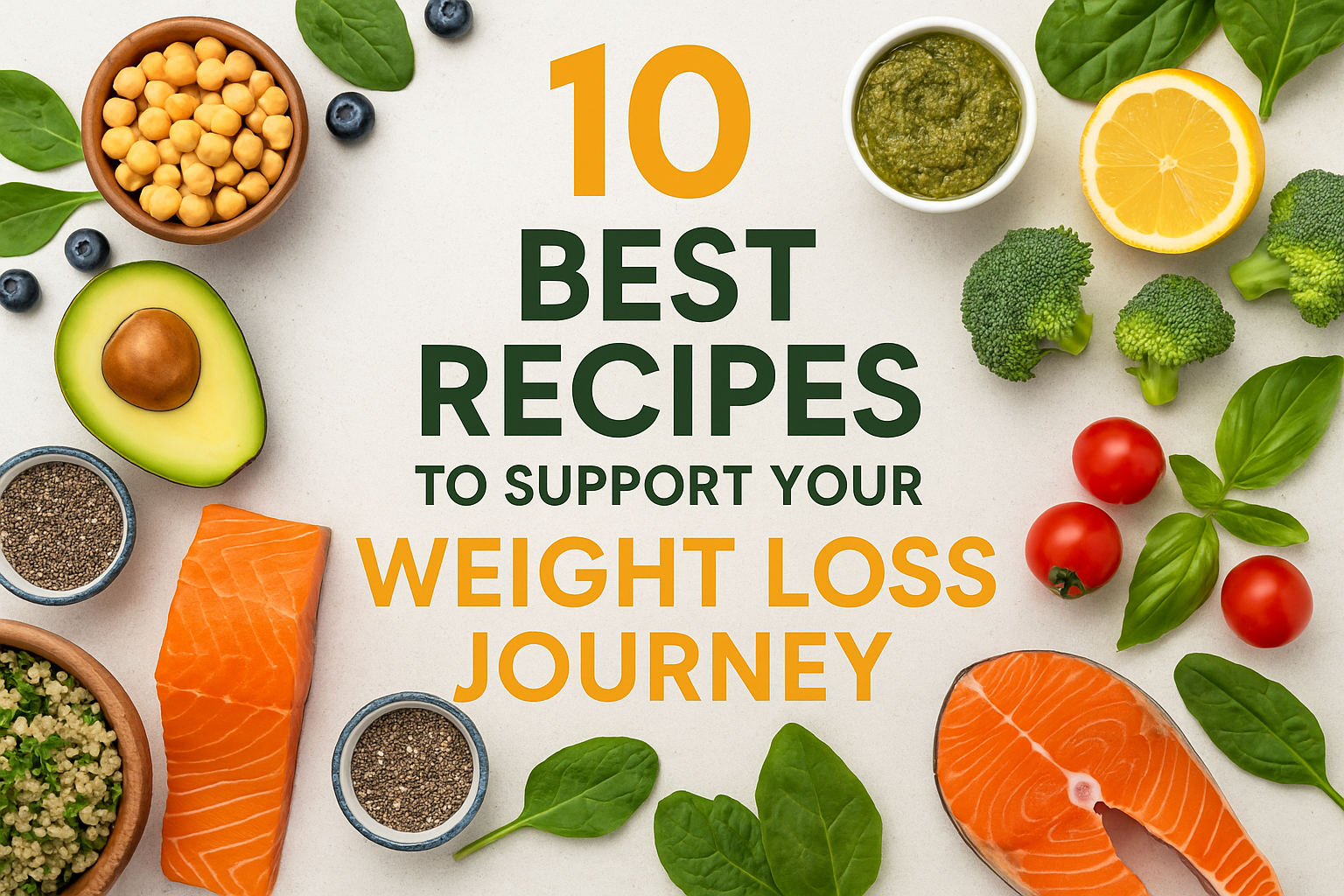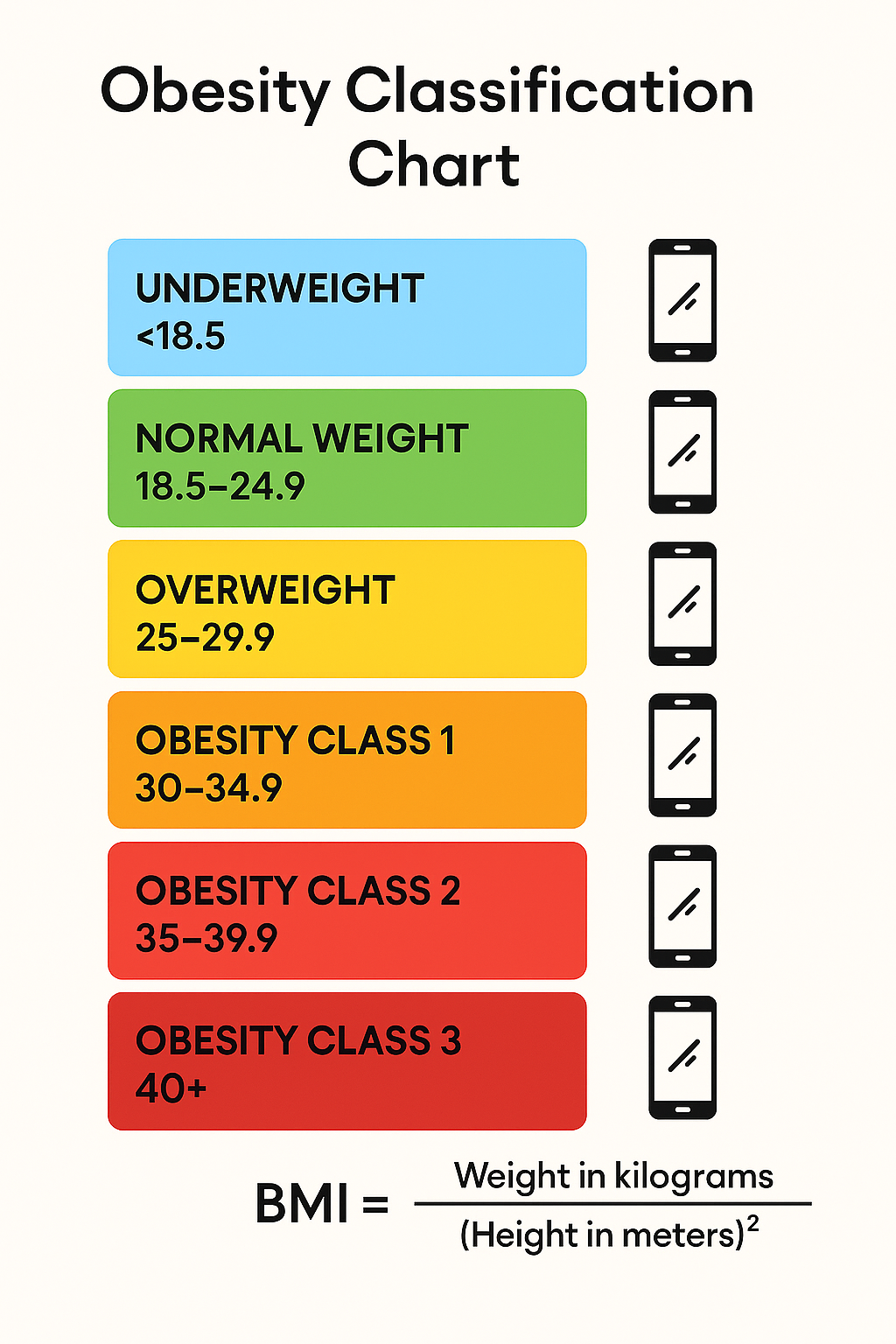In recent months, a surprising combination has been making waves in the health and wellness world: oatmeal and Ozempic. This unlikely pairing has become a hot topic on Google Trends, with searches skyrocketing as people look for effective, sustainable ways to manage their weight. But what’s behind this trend, and is there any science to support it? Let’s dive in.
The Ozempic Phenomenon
Ozempic (semaglutide) is a prescription medication originally developed to manage type 2 diabetes. However, its weight-loss benefits have catapulted it into the spotlight. Ozempic works by mimicking a hormone called GLP-1, which regulates appetite and insulin levels. By slowing digestion and promoting feelings of fullness, it helps users consume fewer calories, leading to significant weight loss.
Celebrities and social media influencers have fueled Ozempic’s popularity, sharing dramatic before-and-after stories. However, the medication isn’t without controversy. Its high cost, potential side effects, and the debate over its use for non-diabetic weight loss have sparked heated discussions.
Enter Oatmeal: The Perfect Companion?
While Ozempic is a powerful tool, experts emphasize that sustainable weight loss requires a holistic approach, including diet and lifestyle changes. This is where oatmeal comes in. A humble breakfast staple, oatmeal is packed with fiber, protein, and complex carbohydrates, making it an excellent choice for those looking to shed pounds.
Why Oatmeal Works for Weight Loss
- High in Fiber: Oatmeal is rich in soluble fiber, particularly beta-glucan, which slows digestion and keeps you feeling full longer.
- Low in Calories: A bowl of plain oatmeal is relatively low in calories but highly satiating, making it a great option for calorie-conscious eaters.
- Stabilizes Blood Sugar: The slow release of energy from oatmeal helps prevent blood sugar spikes and crashes, reducing cravings.
- Versatile and Nutrient-Dense: Oatmeal can be customized with healthy toppings like fruits, nuts, and seeds, adding essential nutrients without excess calories.
The Synergy Between Oatmeal and Ozempic
The combination of Ozempic and oatmeal is gaining attention for its potential to enhance weight-loss results. Here’s how they work together:
- Appetite Control: Ozempic reduces hunger, while oatmeal provides long-lasting satiety, creating a powerful one-two punch against overeating.
- Improved Digestion: Oatmeal’s fiber content complements Ozempic’s digestive-slowing effects, promoting gut health and regularity.
- Sustainable Habits: Incorporating oatmeal into a daily routine encourages healthier eating patterns, which are essential for maintaining weight loss after stopping Ozempic.
What the Experts Say
While the oatmeal-Ozempic trend is intriguing, experts caution against viewing it as a magic solution. Dr. Jane Smith, a nutritionist and weight-loss specialist, explains:
“Ozempic can be a helpful tool for weight loss, but it’s not a substitute for a balanced diet and regular exercise. Oatmeal is a fantastic addition to any weight-loss plan, but it’s important to pair it with other nutrient-rich foods and lifestyle changes.”
How to Incorporate Oatmeal into Your Routine
If you’re considering combining oatmeal with Ozempic (or any weight-loss plan), here are some tips to get started:
- Choose Whole Oats: Opt for steel-cut or rolled oats over instant varieties, which often contain added sugars.
- Keep It Balanced: Add protein (like Greek yogurt or nut butter) and healthy fats (like chia seeds or almonds) to your oatmeal for a well-rounded meal.
- Watch Portions: Stick to a serving size of about ½ cup of dry oats to avoid overeating.
- Experiment with Flavors: Use natural sweeteners like honey or fresh fruit, and spice it up with cinnamon or vanilla for added flavor without extra calories.
The Bottom Line
The oatmeal-Ozempic trend highlights the growing interest in combining medical interventions with natural, whole foods for effective weight management. While Ozempic can provide a significant boost, pairing it with a nutrient-dense diet—like one featuring oatmeal—can enhance results and promote long-term success.
However, it’s crucial to consult with a healthcare professional before starting any medication or making drastic changes to your diet. Weight loss is a personal journey, and what works for one person may not work for another.
Final Thoughts
As the oatmeal-Ozempic trend continues to gain traction, it serves as a reminder that sustainable weight loss is about more than just quick fixes. By combining science-backed tools like Ozempic with wholesome, nourishing foods like oatmeal, you can create a balanced approach that supports your health and well-being for the long haul.
What are your thoughts on this trend? Have you tried combining oatmeal with a weight-loss plan? Share your experiences in the comments below!



